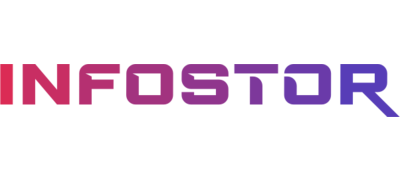El Segundo, Calif.-based InfraScale recently launched FileLocker, a cloud-based and privately deployable file storage, sharing and syncing platform. According to InfraScale CEO Ken Shaw, his company’s template for enterprise-grade cloud file storage was influenced by “what SharePoint was” before feature bloat set in.
Describing early editions of Microsoft’s collaboration software as “a very pure document and people-based collaboration platform,” Shaw said that the FileLocker’s team goal was to recreate for businesses that same simplicity and seamlessness in file sharing, but with enhanced mobile and Web access, an added dash of security, and the option to float one’s own cloud file sharing services.
In terms of security, FileLocker takes a “three-tiered encryption” approach. Files are encrypted before they leave the device and are then transferred over a 256 bit SSL connection. They are then encrypted again in the FileLocker cloud.
As a result, only FileLocker account holders can access files stored on the platform, informed Shaw. Whether it resides on FileLocker’s own cloud or another service provider’s — the company just rolled out a reseller-friendly version — “we cannot ever get access to your data,” he said.
Unlike rival platforms, some of which have suffered some high profile security lapses, there’s no chance that a compromised system, rogue employee or even a court order can extract the underlying files on FileLocker, said Shaw. “It surprises us that it’s not a standard requirement in the collaboration industry,” he added.
Organizations can further safeguard their files by hosting FileLocker on their own infrastructures via a virtual appliance. Despite the explosive growth of public cloud services, InfraScale claims that there’s a big opportunity for private cloud-enabled storage.
InfraScale cites Gartner survey data that shows that 55 percent of CIOs prefer to maintain their storage inside their own firewalls as evidence that the public cloud isn’t the be all and end all of the cloud file sharing and collaboration market. The company’s own customer feedback only reinforced the notion.
Also key to getting enterprises on board is Active Directory support. LDAP integration allows administrators to use familiar user management tools. IT administrators can get FileLocker up and running quickly, too. Setting up FileLocker is “two-hour deployment job,” stated Shaw.
FileLocker is available now and costs $5 per user per month for unlimited storage, unlimited file versioning, mobile access and an admin control panel.





